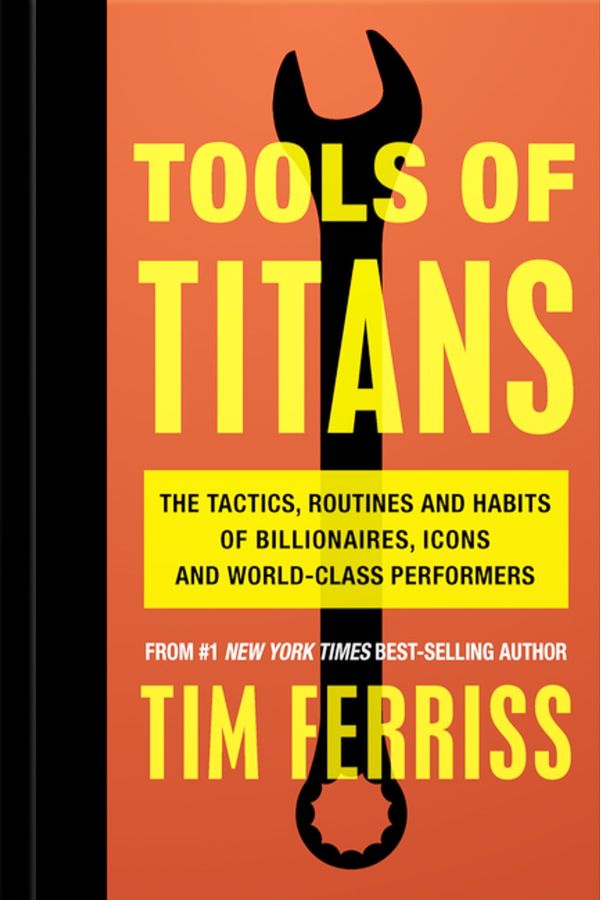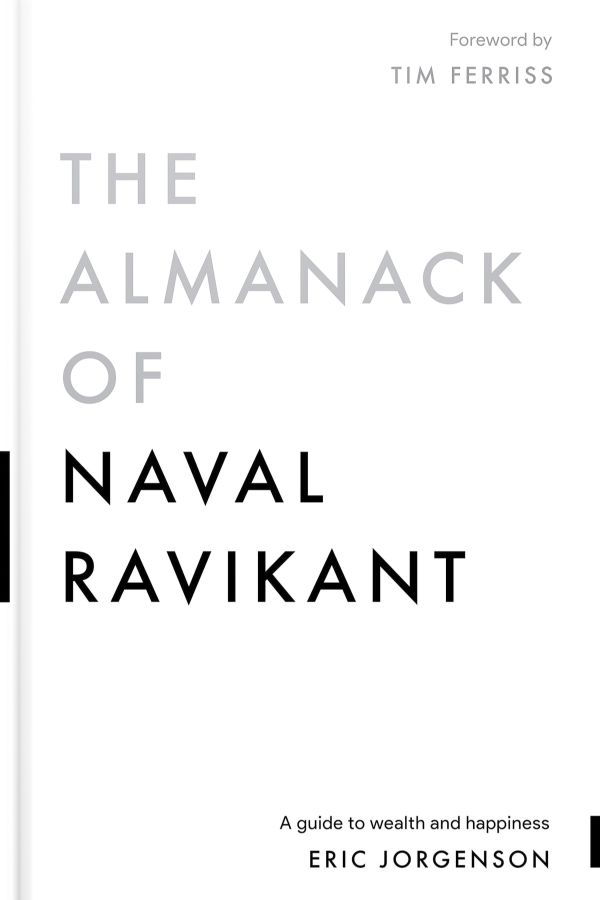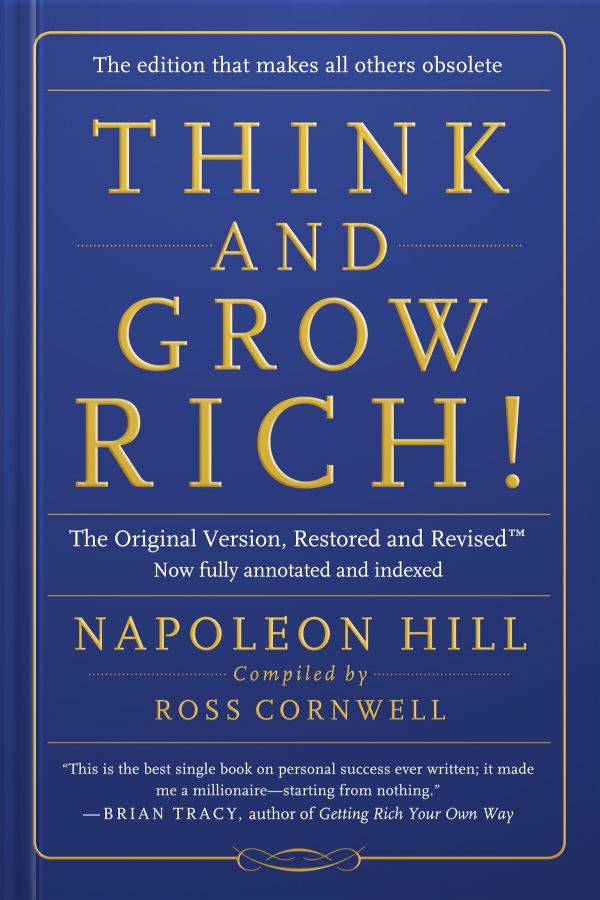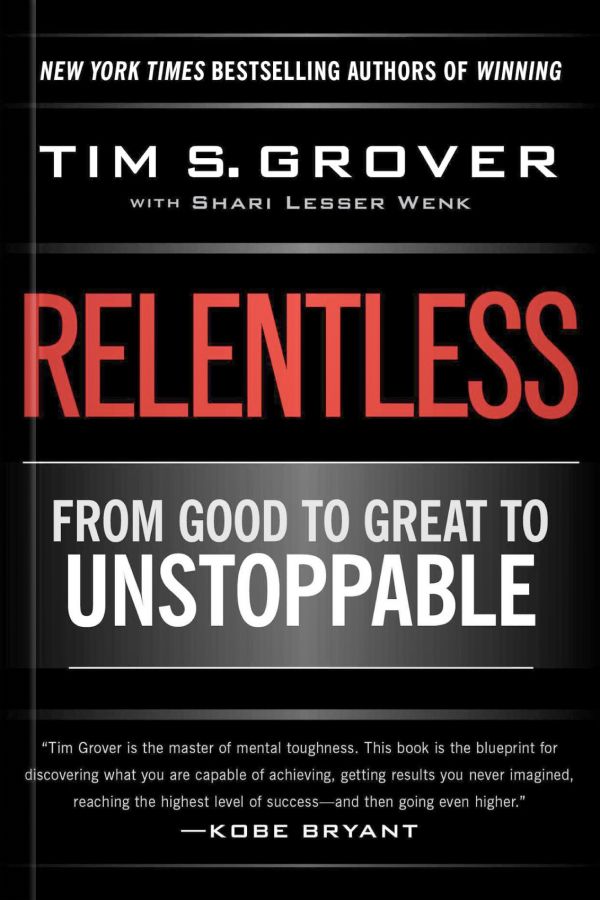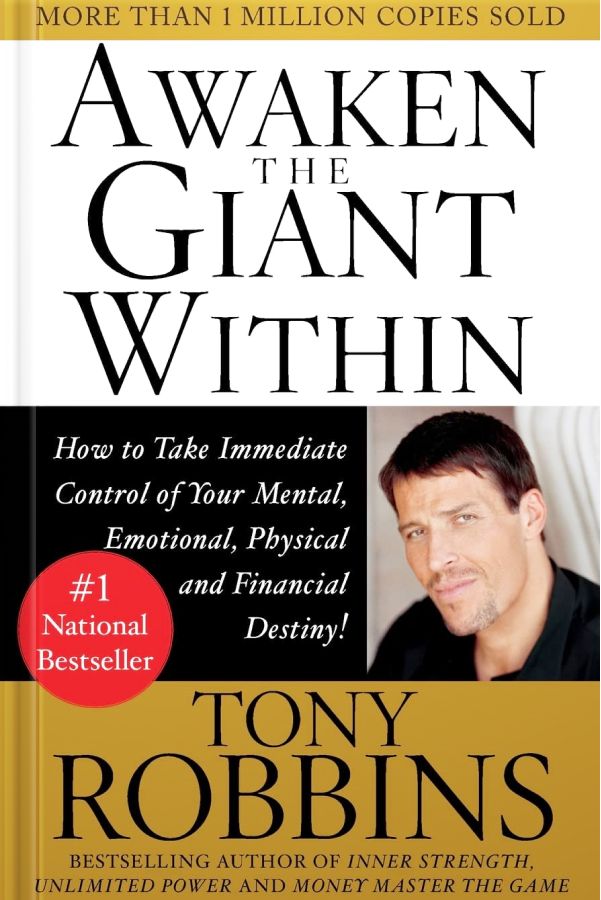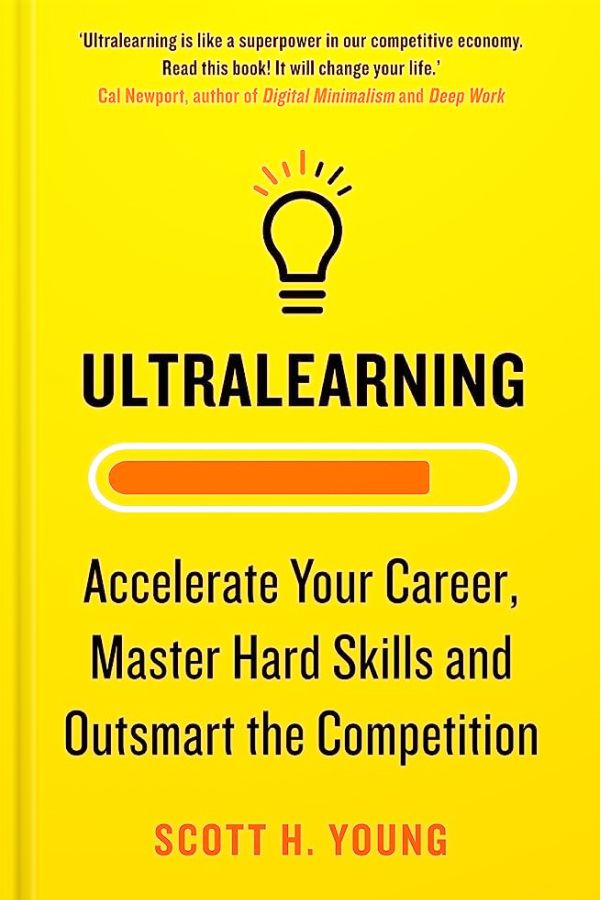
Psychology
Ultralearning by Scott Young
1. Choose a specific, well-defined project
Your Ultralearning project should be targeted, with clear objectives.
Young says:
"The first principle of ultralearning is metalearning: draw a map of the subject before you start to learn."
Understanding the scope of your learning project before you start helps you stay focused and makes the task seem more manageable.
2. Optimize your focus
According to Young:
"the second principle of ultralearning is focus: concentrate on the material."
He advocates for the importance of 'deep work' and uninterrupted concentration. It is during these periods of intense focus that real learning occurs.
3. Directness: Engage directly with the subject
Young writes:
"Directness is the practice of learning by directly doing the thing you want to become good at."
It means to learn by doing. If you want to become a good writer, you must write. If you're going to learn to code, start building programs.
4. Drill the basics
Just as athletes drill basic skills repeatedly, Young advises ultra-learners to do the same.
He emphasizes:
"Overlearning is continuing to practice even when performance improvements are no longer obvious."
5. Use retrieval-based learning
Retrieval-based learning means trying to recall information without looking at the source.
Young cites evidence that this method leads to much stronger learning than simply re-reading the material.
6. Get feedback
Young emphasizes the importance of getting feedback to correct your errors.
He states:
"Feedback is not about getting praise or criticism, it's about getting information."
7. Create a schedule and stick to it
Consistency is vital in Ultralearning. You need to commit to a learning schedule and adhere to it. This will help you maintain momentum and progress more quickly in your learning.
8. Test yourself
Testing doesn't just measure knowledge; it also enhances it.
As Young points out:
"Testing protects against the twin illusions of competence during learning and incompetence after learning."
9. Use intuition
Young suggests that developing your intuition can aid your learning process, and he advises practicing to improve your intuitive understanding of a subject.
10. Maintain your mental and physical health
Lastly, Young underscores the importance of looking after your mental and physical well-being during an ultra-learning project.
He notes:
"Taking care of your body and mind isn’t a luxury; it’s a necessity."





